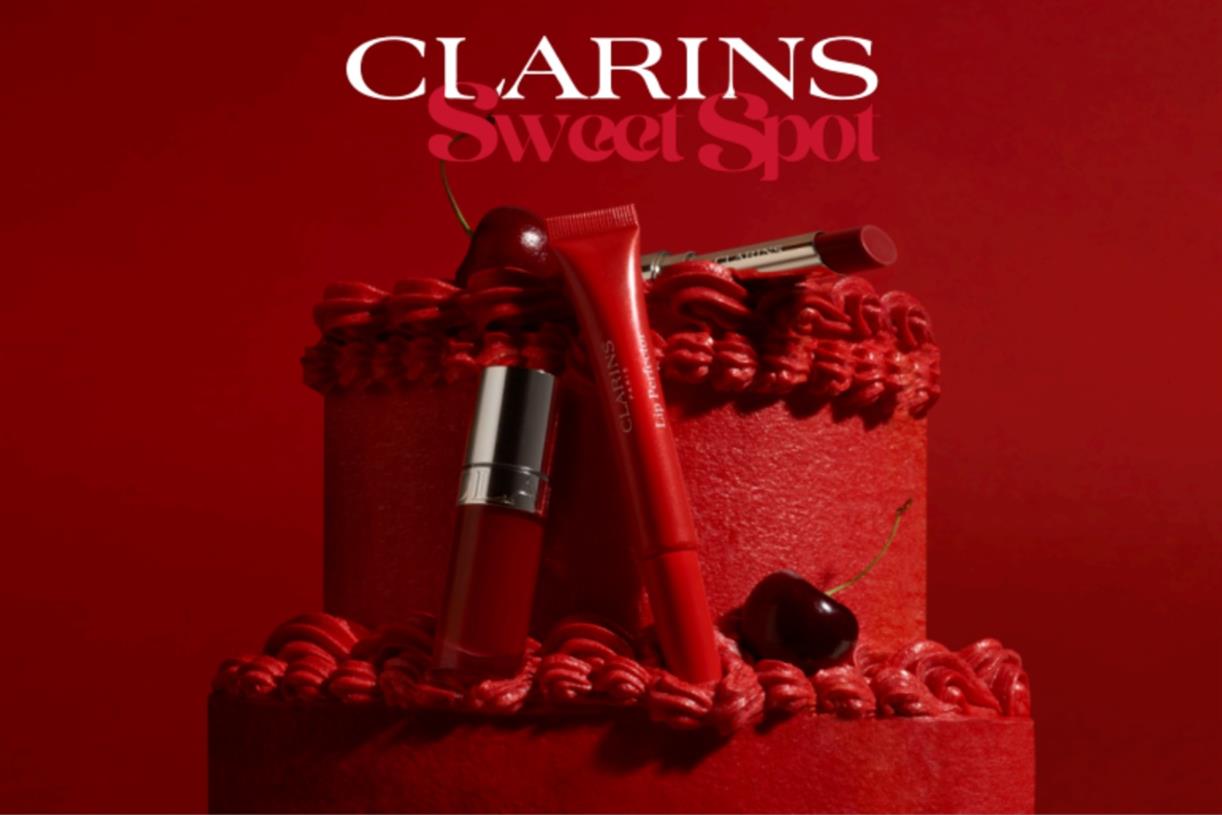YouTube will now direct you to the right first-aid videos during an emergency
Illustration by Alex Castro / The VergeIf you search YouTube for what to do if someone is suffering a heart attack, the platform will now display credible first-aid explainer videos at the very top of the search results. The...
/cdn.vox-cdn.com/uploads/chorus_asset/file/23986637/acastro_STK092_01.jpg)
If you search YouTube for what to do if someone is suffering a heart attack, the platform will now display credible first-aid explainer videos at the very top of the search results.
The brief, step-by-step videos, made in partnership with Mass General Brigham and the Mexican Red Cross, cover a series of basic health emergencies and first-aid procedures, prioritized to provide timely advice right away. Tutorials will cover how to perform the Heimlich maneuver, do CPR, identify the first signs of a heart attack, and other emergency healthcare topics.
Before performing any first-aid, the American Red Cross instructs calling 911 and alerting emergency services immediately — many health conditions are time-sensitive. After that, one can turn to YouTube for instructions on how to perform first-aid before medical help arrives. Such basic first-aid, if administered properly, can often prevent further harm to or help stabilize a patient before an ambulance arrives.
YouTube
There are explainer videos covering health emergencies like opioid overdose, seizure, heart attack, psychosis, CPR, choking / Heimlich, bleeding, stroke, snake bite, how to apply a tourniquet, suicide attempts, and poisoning / overdose. YouTube is also offering a hands-only CPR course made in partnership with the American Heart Association, and you don’t have to wait for an emergency to watch it.
YouTube has taken measured steps to promote more trustworthy health information recently. Last year, YouTube began cracking down on videos with medical misinformation, including those on abortion as well as fake or unproven treatments for common diseases such as cancer and COVID-19.
The first-aid information shelves will be available in both English and Spanish in the United States, and more languages and countries will follow in the months to come.

 UsenB
UsenB 































